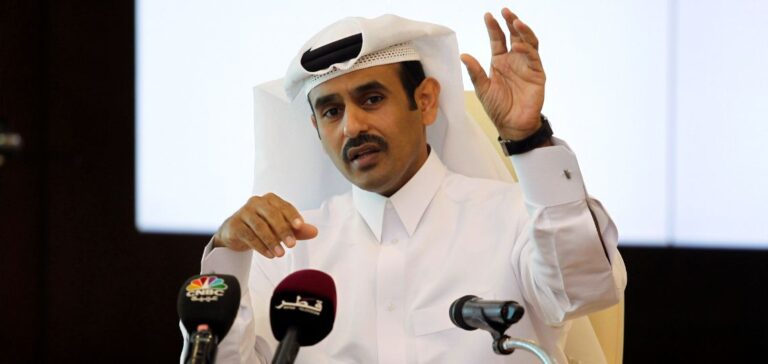In Qatar, Saad al-Kaabi, the head of the state-owned energy company, believes that fossil fuel trading should be depoliticized. Thus, he calls on politicians to move away from sanctions and anti-free market agreements.
The weight of consumers
In Qatar, the minister’s comments come ahead of the Gas Exporting Countries Forum (GECF) meeting in Egypt. They echo the views of many in the industry. Indeed, they fear that a cap on Russian oil prices by the G7 could paralyze world trade.
Recently, the G7 countries agreed to cap Russian oil sales at an imposed low price by December. The European Commission is also proposing emergency measures to combat high energy prices. However, it refrains from immediately capping gas prices and the countries of the Union remain divided on this idea.
15 European Union countries are calling for a cap on gas prices, but disagree on its design. On the contrary, Germany and the Netherlands fear this cap. This, they say, will leave countries struggling in a winter when Russian supply is scarce.
Russia’s role
Qatar’s Minister Saad al-Kaabi says in a statement:
“The State of Qatar and QatarEnergy urge all governments and multilateral institutions to develop policies that depoliticize the exchange of oil products in the form of sanctions or anti-free market agreements.”
QatarEnergy is one of the world’s leading exporters of liquefied natural gas. More globally, the company is the third largest oil company in the world in terms of cumulative oil and gas reserves.
The company produces its fossil fuels from exploration to production and refining. It also provides transport and storage. The Qatari minister also says that governments should condemn sabotage and attacks on energy infrastructure.
Russia intensifies its air attacks on Ukraine. Ukraine’s energy minister says at least half of Ukraine’s thermal generation capacity is damaged. The world is going through its first global energy crisis.






















